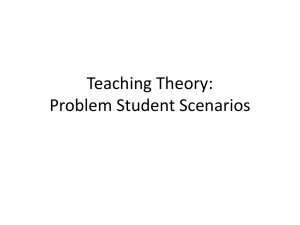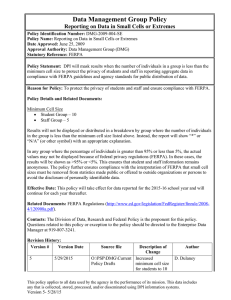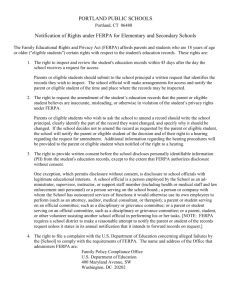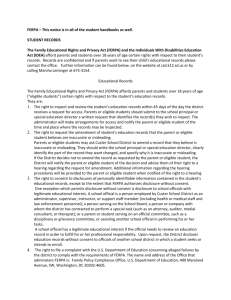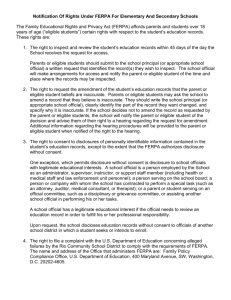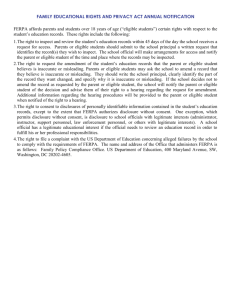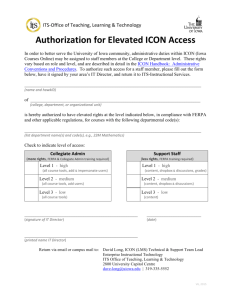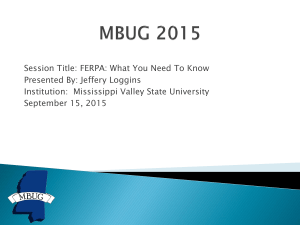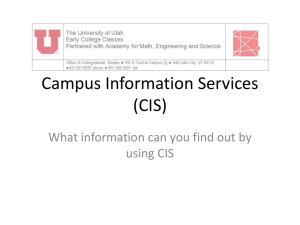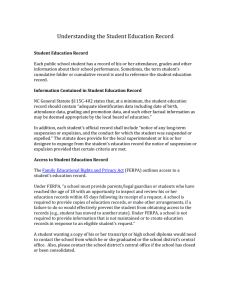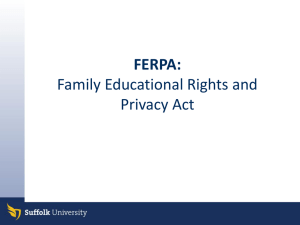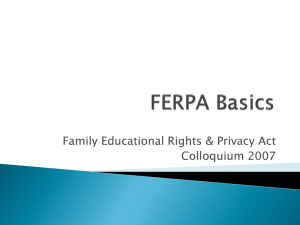Middle College High School - Dublin Unified School District
advertisement
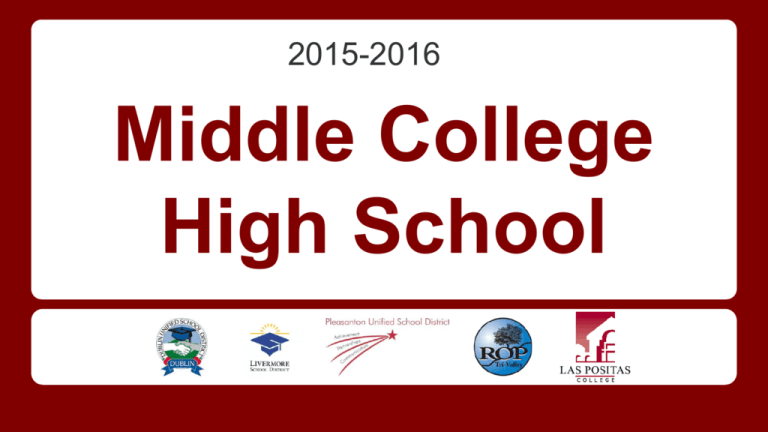
2015-2016 Middle College High School About Middle College A collaboration between ◆ ◆ ◆ ◆ ◆ Las Positas College Tri-Valley Regional Occupational Program Dublin Unified School District Livermore Valley Joint Unified School District Pleasanton Unified School District History of Middle College ● Originated in NY, 1974, as an alternative to the traditional high school curriculum. ● The unique program combines the last two years of high school with the first two years of college and provides students with counseling, small classes, and an interdisciplinary curriculum. MCHS Overview https://www.youtube.com/watch?v=kA0C_gELj5E Benefits ● High school and college credit Focus on a-g requirements ● Flexible scheduling ● Explore individual interests/career paths ● No tuition (<11.0 units) ● Students pay for parking ● Textbooks are provided Who? ● ● ● ● First cohort of 30 juniors Students registered in participating districts Academically capable and eligible Students who will benefit from a small learning community Characteristics of a MC Student ● ● ● ● ● A creative, independent thinker A passion for learning First generation college student A desire to attend college A need for a different learning environment Which students should attend MC? ◆ Independent, yet responsible students ◆ College-bound ◆ Interested in flexible schedule to allow for volunteering or internship ◆ Eager to “get on with life” Why? ● Not all students thrive in a traditional school setting ● LPC offers variety of courses, some of which pertain to student’s career/educational goals ● Good alternative for independent, creative thinkers How? Every day, students take . . . ◆ a 60-minute HS English class ◆ a 60-minute HS social science class ◆ a 60-minute Advisory class Students also take college courses to meet high school graduation requirements (at least 7 units; no more than 11 units) Typical Junior Schedule * LPC Courses between 8-11:00am 11:00-2:00 High School Courses * LPC Courses in late afternoon/evening Schedule is flexible to meet student’s needs. Benefits ◆ Earn college units while completing high school ◆ Popular programs, such as Administration of Justice, Electronics, Ethnic Studies, Multimedia, Computer Science, Fire Technology, Speech, Psychology, among others ◆ Tutoring center ( Math, Reading, Writing) as well as other student services Application Process The application process is as follows: ● Attend Information Night ● Students complete online application ● Submit all recommendation forms ● Take placement tests ● Interview A lottery process will be used if needed for student selection. Eligible students may not be credit deficient. For Consideration ◆ Students must pass CAHSEE to earn a diploma ◆ Students earn a diploma from their home school ◆ Students can participate in home school graduation, activities, and sports Application Timeline February 28, 2015, Application Deadline March - Student Assessment Interviews Family Educational Rights and Privacy Act (FERPA) FERPA is a Federal law that is administered by the Family Policy Compliance Office (Office) in the U.S. Department of Education (Department). 20 U.S.C. § 1232g; 34 CFR Part 99. FERPA applies to educational agencies and institutions (e.g., schools) that receive funding under any program administered by the Department. FERPA gives custodial and noncustodial parents alike certain rights with respect to their children's education records, however when a student reaches 18 years of age OR attends a postsecondary institution, he or she becomes an "eligible student," and all rights under FERPA transfer from the parent to the student. Questions?
